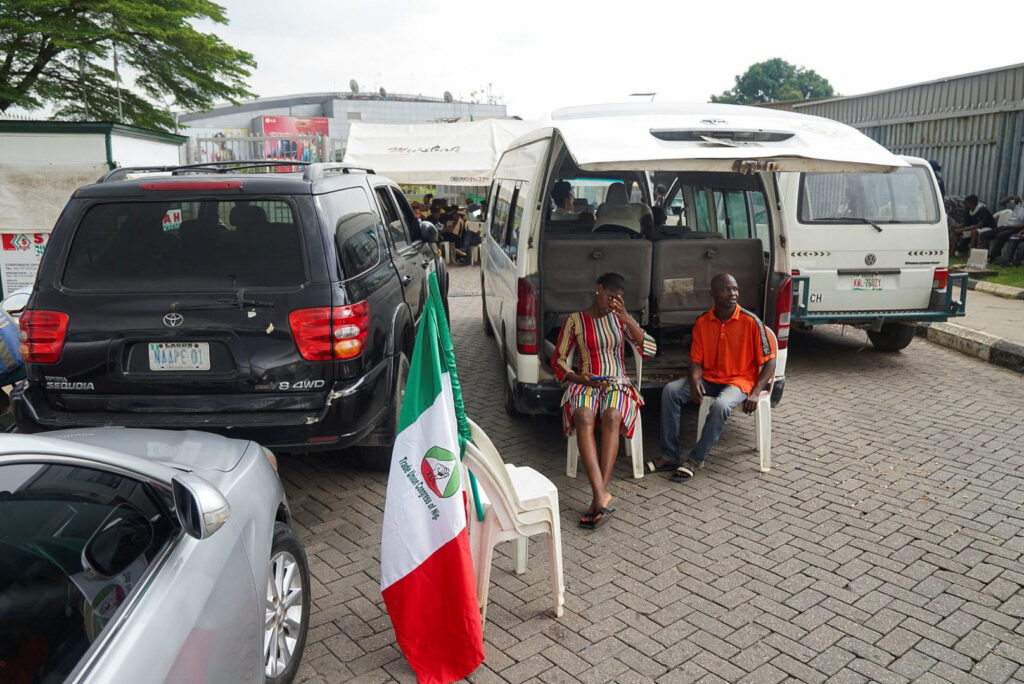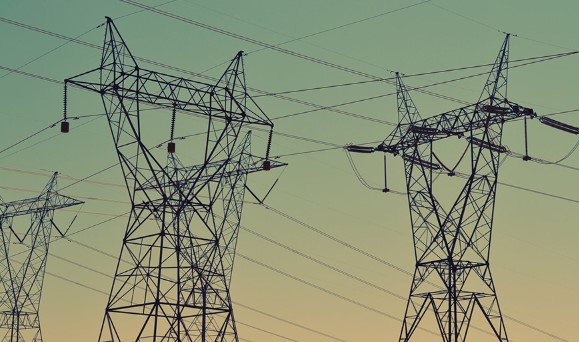Nigeria has been plunged into darkness and chaos as union workers, protesting for higher minimum wages, forcibly shut down the country’s power supply and brought air travel to a standstill on Monday. The indefinite strike, initiated by the Nigerian Labor Congress (NLC) and the Trade Union Congress (TUC), has left tens of millions without electricity and stranded passengers at major airports.

According to the Transmission Company of Nigeria (TCN), operators were beaten and injured as they were forcibly removed from control rooms by union workers. Photos circulating on social media also showed cane-swinging union members ordering personnel of the country’s tax agency out of their offices.
The strike follows failed negotiations between the unions and the government to raise the federal minimum wage. The unions are demanding a 1,547% increase, from the current 30,000 naira ($22.4) to 494,000 naira ($369.6) per month. They are also protesting against a recent hike in electricity tariffs. The government had proposed doubling the minimum wage to 60,000 naira ($44.89), but the unions rejected this offer.
Despite being Africa’s fourth-largest economy, Nigeria’s minimum wage lags behind many other countries on the continent, such as Seychelles, where workers receive a minimum wage of $465.4 monthly.

The strike has severely impacted various sectors, including healthcare. Dr. Olusina Ajidahun, a Nigerian doctor, expressed concern about the state of the healthcare system, which he says is on the verge of collapse. His medical facility in southwest Nigeria was unable to power crucial hospital equipment due to the shutdown of the national grid.
Nigerian Justice Minister Lateef Fagbemi has declared the strike illegal, calling it “premature and ineffectual” in a statement posted by presidential aide Bayo Onanuga. Onanuga also dismissed the unions’ demands as “unreasonable” in a post on the social media platform X.
The strike has elicited mixed reactions from Nigerians on social media, with some expressing support while others argue that it is detrimental to citizens.

Nigeria is grappling with numerous economic challenges, including currency devaluation, soaring inflation, and a cost-of-living crisis. President Bola Tinubu’s administration has faced criticism for controversial spending of public funds, which has fueled public anger. Recent expenditures include a 90 billion-naira ($67 million) subsidy for Muslims attending the Hajj pilgrimage and multimillion-dollar budgets for luxury SUVs and renovations for presidential residences.
Presidential spokesman Ajuri Ngelale acknowledged that the current wage is “unsustainably low” but warned that the unions’ proposed increase would have severe economic consequences, such as significantly higher school fees and potential mass retrenchment.
As the strike continues, the nation remains paralyzed, with its power grid shut down and air travel disrupted, while the government and unions struggle to find a resolution to the ongoing dispute over minimum wages and the cost of living.



